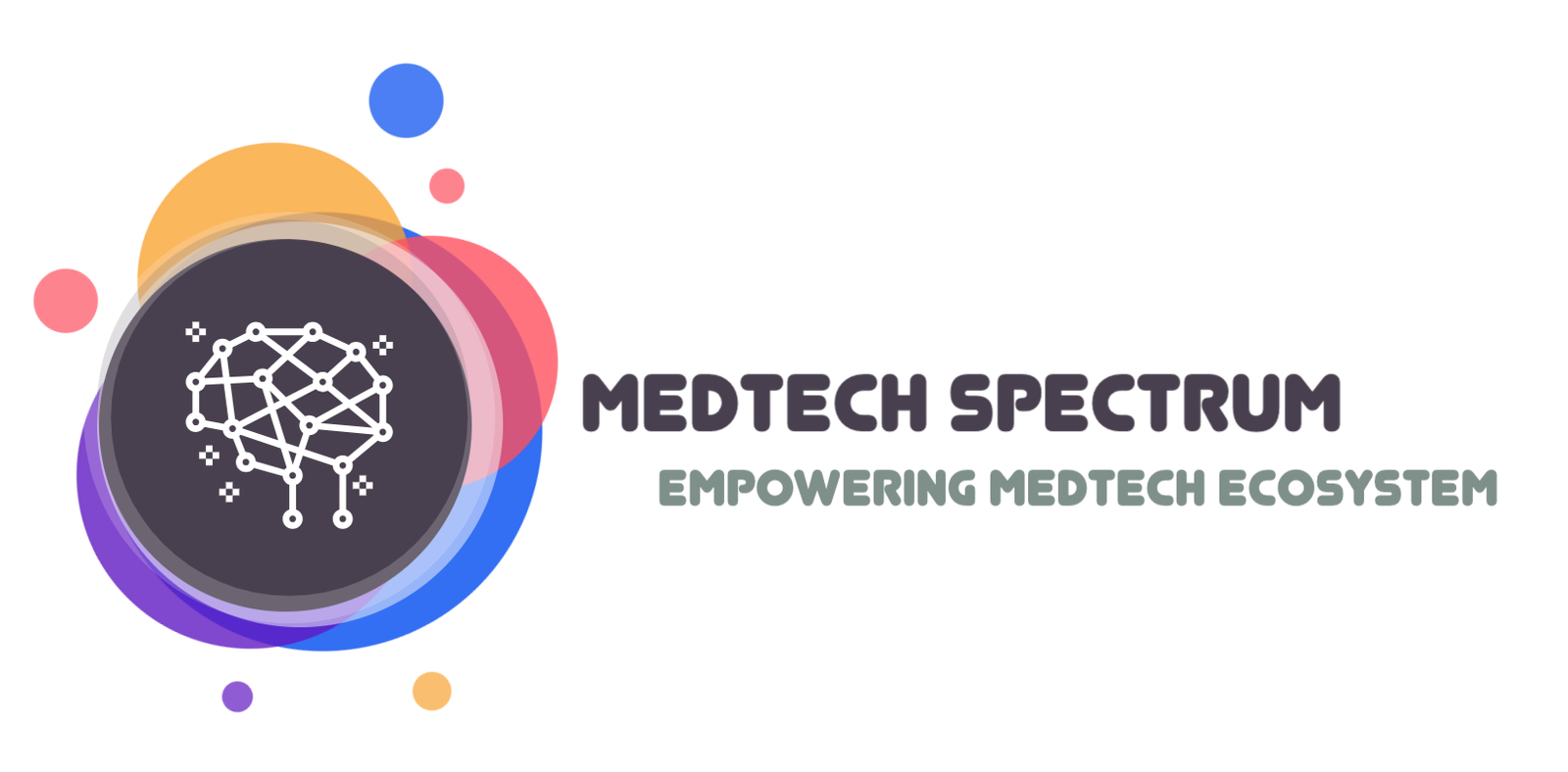Sonar Mental Health, an AI-powered mental health platform focused on supporting young people, has raised $2.4M in pre-seed funding led by Nina Capital, with participation from GSR Ventures, J4 Ventures, and support from the Stanford University Social Impact Founder Fellowship. This funding will accelerate Sonar’s expansion across school districts nationwide, enhance R&D and app development, and further establish its scalable, preventative mental health support system.
"Sonar isn't merely a project or a job for me; I see it as my personal mission to prevent another family or friend from experiencing the tragedy of losing a loved one to mental illness," said Drew Barvir, co-founder and CEO at Sonar. "Our team of experienced psychiatrists, counselors, researchers, and AI experts is unwavering in this shared passion for providing adolescents with the support they need to improve lifelong mental well-being while empowering under-resourced schools with proactive mental health solutions. This funding round allows us to continue making strides in supporting the next generation with the resources they need to become their healthiest, happiest, most engaged selves."
Sonar addresses the adolescent mental health crisis by leveraging AI-driven support that engages students directly. The statistics are alarming: 49.5% of U.S. adolescents have a mental health disorder, and 20% experience a major depressive episode annually. However, school districts are under-equipped to handle this challenge, with 17% of high schools lacking a single school counselor and most states exceeding the recommended 250:1 student-to-counselor ratio. Existing virtual counseling platforms remain difficult to scale, and many students turn to tools like ChatGPT for mental health support. Chronic absenteeism has nearly doubled since 2018, making it even more critical for schools to find solutions that foster student well-being.
Sonar’s AI-powered Wellbeing Companion, Sonny, provides on-demand, judgment-free mental health support through text messages. By adapting to each student’s unique needs, Sonny offers personalized guidance for issues ranging from academic stress to social conflicts and grief. The platform integrates cognitive behavioral therapy and motivational interviewing techniques, with oversight from a board of psychiatrists to ensure clinical accuracy. Trained human supporters monitor conversations, intervening when high-risk situations arise, and directing students to professional therapy when necessary.
Sonar’s partnership model allows school districts to leverage public mental health and safety grants to implement the platform. Educators introduce students to Sonny in the classroom, encouraging them to use it as a support resource. With student consent, Sonar’s AI identifies early warning signs of mental health challenges by analyzing social media data, helping schools proactively address emerging issues.
Currently, Sonar partners with nine school districts across California, Texas, Illinois, Michigan, and Arkansas, supporting more than 4,500 students. Schools that implement Sonar report reduced chronic absenteeism, with engagement rates between 20-40% among students. Over 75% of students using Sonny show a 20%+ improvement in well-being based on self-reported surveys, and 80% of conversations involve new moments of self-disclosure. Additionally, 98% of school districts working with Sonar anticipate increasing their mental health budgets.
"Nearly every school in the U.S. is under-resourced, with the mental health support system across school districts remaining completely disjointed," said Marta-Gaia Zanchi, founder and Managing Partner at Nina Capital. "Sonar is bringing something entirely new to the market, supporting students all over the country with desperately needed mental health resources and creating learning environments where students flourish, actively participate, and lay the foundation for successful futures. We're proud to be part of Sonar's journey as the company creates a model for mental health support in schools that actually works."
As Sonar continues to grow, its mission remains clear: to provide accessible, proactive mental health support to young people and equip schools with the tools they need to foster student well-being.
























